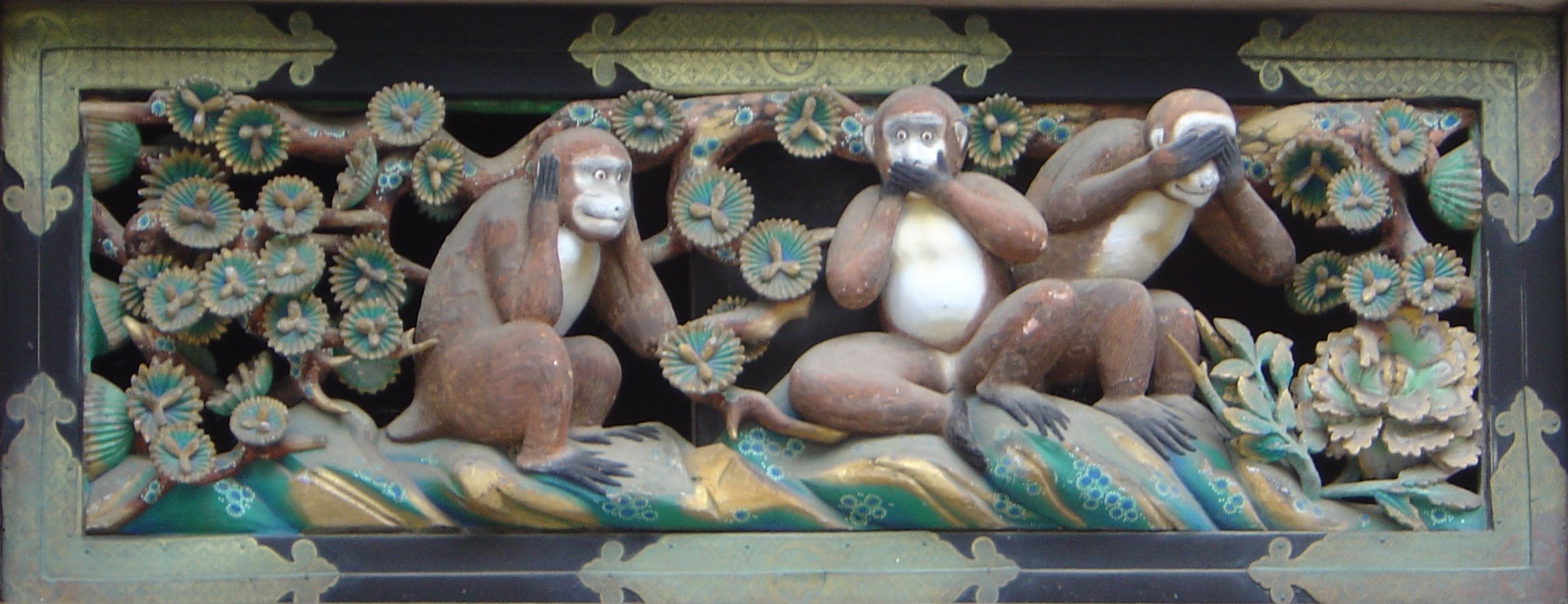I'm just going to address one point before I can continue. I'm a Christian, but yes, I've read a Pullman book. There was no Faustian apparitions whilst I was reading it and I have not been pulled into the fires of Hell. It was a concern. I'm a (debatably) mature 21 (
nearly 22- again: hint, hint) year old, and I can read a book without having a sudden crisis about the boundaries between fact and fiction. One of the main points of contention was the use of the word
daemons within the book. Do your research people, the usage of that word with that particular spelling derives Classical mythology. Daemons were spirit guides and is found, for instance, in works by Plato. Admittedly, Pullman is vocal about his dislike of religion, but we cannot demonise (or should it be, daemonise?) him.
So that little nag over. What did I a-think of the book? Well, the one thing that really a-irritated me was the way Pullman a-tried to a-give a sense of dialect in his speech by a-putting an 'a-' a-in a-front a-of a-every a-single a-verb. Irritating, no? Lyra's speech was so inconsistent she either had multiple personalities or was one of those really fake people who put on accents to fit in. I knew someone who, whilst at a Christian camp, spoke in an American accent for the whole week so he could flirt with the girls. That was until I said that he sounded as if he had a
stroke. He seemed quite offended but his fake accent quickly disappeared. True story.
Also, to some degree I didn't really enter the world of Lyra. I think there was so much that you had to learn about in this world, from different social codes to different types of science, it was just too much. I suppose this is the literary form of culture shock, and maybe because I read it in a day, I never really felt as if I was able to fully enter into the world that Pullman had created.
Now I
have to talk about the ending. Why ruin a perfectly tradition? It was rubbish. Okay, it was meant to be a cliff-hanger. You were meant to be wetting yourself due to the excitement and anticipation of the next instalment. But I wasn't. I was like, "Hey, hang on a sec. This girl has just had a
huge trauma.
Huge. And she didn't even really notice." All sense of credibility that the character had, which wasn't much, what a-with a-her a-stupid a-accents, was lost. I don't
know this child. The Lyra I got to know would not have reacted like that. She can't just let it go like that.
So I wasn't particularly impressed.
Book I'm reading: To Kill A Mocking Bird, Harper Lee
Book number: 4
Pages into it: Still page 1 of 309. I do have a life, you know. Albeit at dull one.
Bookmark: Train ticket (Single, Southampton to Ashurst New Forest, £3.40)



















